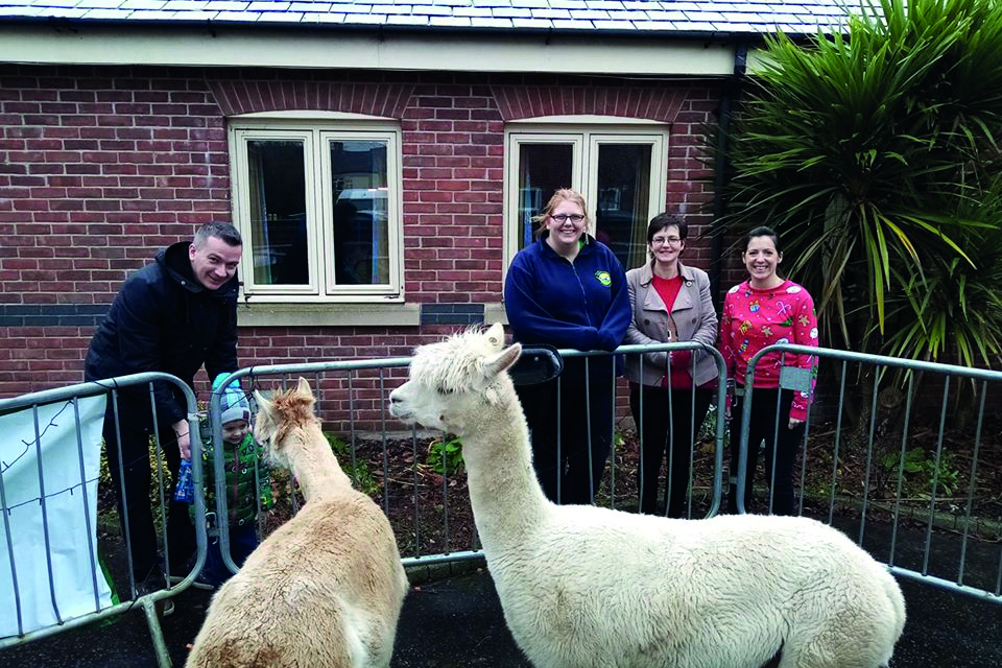
As a result of Covid-19, many children will miss out on the opportunity to visit their new Reception class before the start of the autumn term. As a way to ease the transition process, Norwich Opportunity Area is funding the creation of video tours to provide virtual introductions from key members of staff so that children and their families can begin to recognise the faces of the people they will speak to the most.
‘A day after the offer went out my inbox was flooded with heads saying “how can we sign up?”,’ says Ashley Cater, project manager at Norwich Opportunity Area.
Register now to continue reading
Thank you for visiting Nursery World and making use of our archive of more than 35,000 expert features, subject guides, case studies and policy updates. Why not register today and enjoy the following great benefits:
What's included
-
Free access to 4 subscriber-only articles per month
-
Unlimited access to news and opinion
-
Email newsletter providing activity ideas, best practice and breaking news
Already have an account? Sign in here









